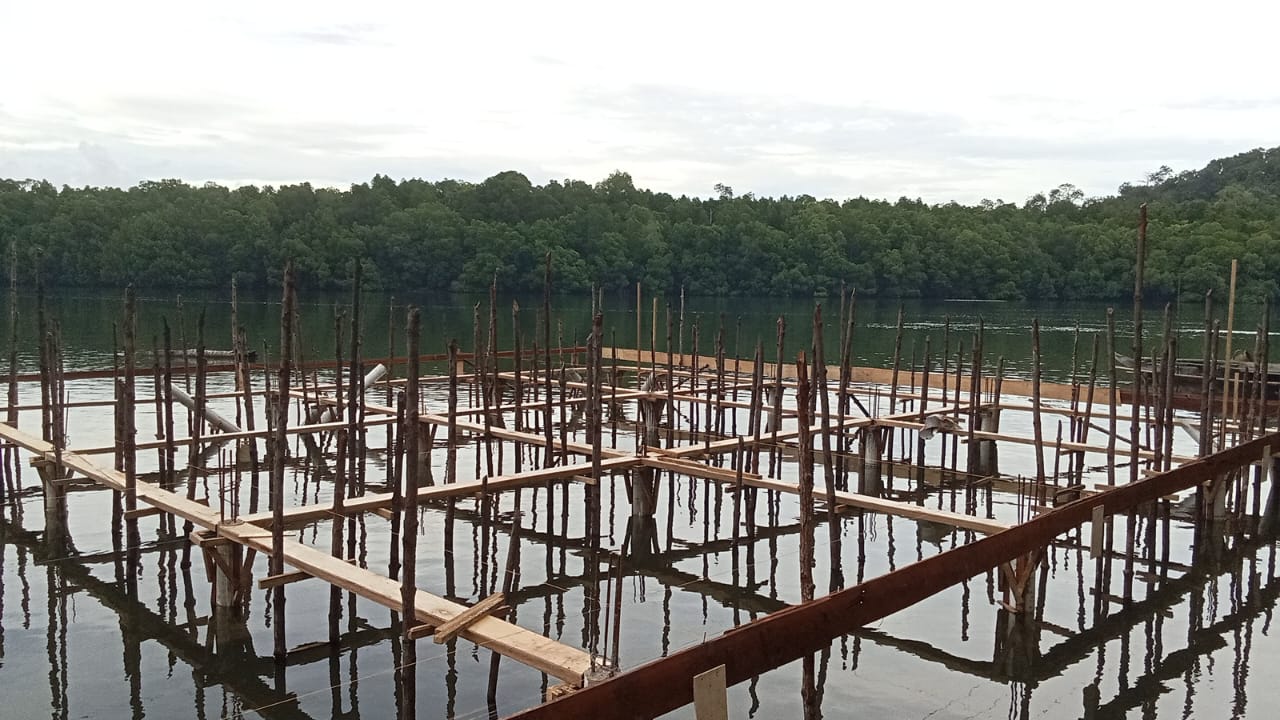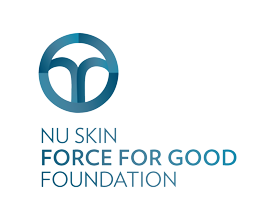The Raja Ampat archipelago, in the heart of the Coral Triangle, has some of the world’s richest coral reef ecosystems. There are hundreds of species of corals, mollusks, and reef fishes. Alongside them swim sperm whales, dolphins, orcas, and dugongs.
Divers know Misool Island for its riotously colorful soft corals. Green and hawksbill marine turtles nest on secluded beaches, manta rays gather at aggregation sites, and saltwater crocodiles lurk at river mouths. Along the coasts, including around Gamta and Magei Villages, there are large mangrove forests.
In the early 2000s, destructive fishing practices were causing serious damage to these amazing ecosystems. A turning point came in 2008, when local people and the Misool Resort created the area’s first no-take zone, the 300,000-acre Misool Marine Reserve. As part of formalizing the no-take zone arrangement, Seacology funded a kindergarten at Fafanlap Village on Misool Island in 2011. It is still thriving.
The Misool Foundation still protects the no-take zone, with support from Indonesia’s marine police. Rangers conducts regular patrols and uses drones and radar surveillance to stop illegal fishing and other destructive practices. Misool also runs a successful reef restoration project. In the words of coral reef ecologist Dr. Mark Erdman, Misool is “one of the most pristine reef systems left on earth—one of only a handful of places in the universe where biodiversity is improving rather than declining.”
Missool works hand-in-hand with island communities, honoring their traditional ownership rights and bringing schools, development, recycling, and other benefits. To nurture Gamta and Magei Villages’ commitment to conservation, the foundation will use a Seacology grant to build a kindergarten. It will serve about 50 children in these remote villages, which have never had a real kindergarten.







